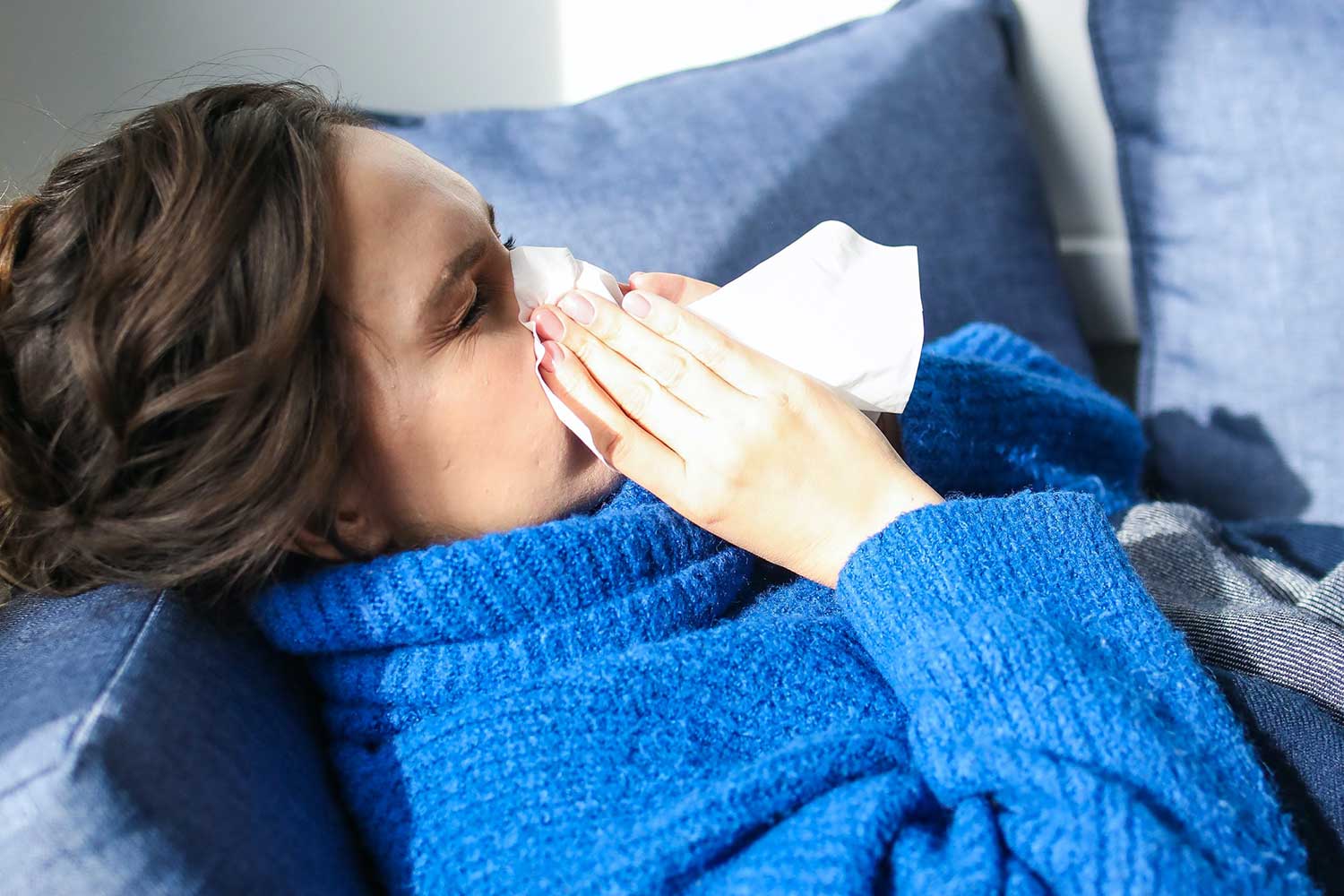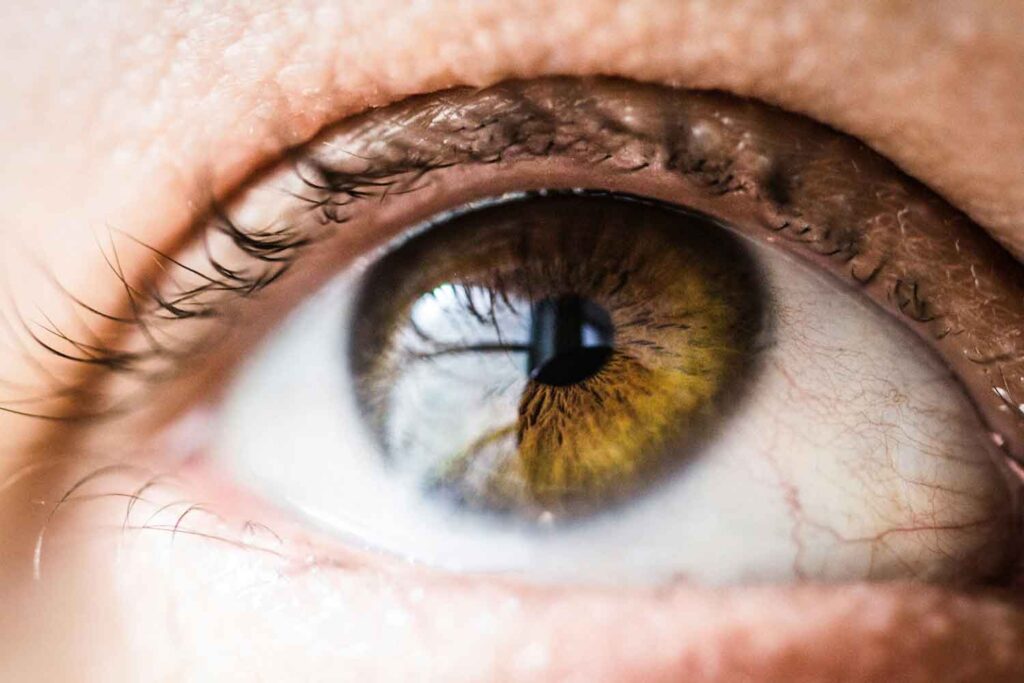Can you be Allergic to Marijuana?

Marijuana is a pretty popular plant. As a matter of fact, in 2018, more than 11.8 million young adults reported using weed within the past year. Weed isn’t just for young people. More and more seniors have been tapping into marijuana for its benefits. However, not everyone can comfortably reap the benefits of marijuana. You’ve heard of peanut allergies and seafood allergies. People can be allergic to almost anything, but does that include weed? Let’s see what science has to say about that.
Photo: Pexels
Can You Be Allergic to Weed?
Even though it’s rare, you can be allergic to weed. According to the American Academy of Allergy, Asthma, and Immunology (AAAAI), people can develop a weed allergy by being exposed to the plant. Weed can trigger an allergic reaction when you smoke, touch or eat it. You don’t even have to use marijuana to develop an allergic reaction to weed. For some people, inhaling pollen in the air can cause an allergic reaction. According to Very Well Mind, “Marijuana flowers produce pollen that can prove problematic for sensitive individuals, and it can affect the skin or respiratory system.” According to AAAAI, hempseed allergies exist too.
How to Diagnose a Weed Allergy
Skin prick testing can determine whether or not you have a marijuana allergy. According to Very Well Mind, “your allergist could prepare an extract or slurry using the leaves, buds, and flowers of the plant and perform a standard prick test”. However, the medical professional can make a diagnosis based on what you tell them about your symptoms and exposure.
In addition to that, a blood test can be conducted. The blood test will determine the presence of antibodies associated with certain allergens.
Why Are Some People Allergic to Weed?
There are several reasons why people may develop a weed allergy, such as:
- Sensitization
- Allergic reaction to certain foods
- THC content
Sensitization to Weed
According to Healthline, an increase in exposure can result in sensitization to the weed. This reaction doesn’t just apply to people who willingly use weed. If you live near an area where marijuana is grown, constant exposure to the pollen can cause a weed allergy. In addition to that, Healthline also noted that there has been an increase in marijuana sensitization since its legalization. According to AAAAI, “In the southwest United States pollination of female plants by the males of the species results in airborne dissemination with inhalation and resulting sensitization. Marijuana sensitization can also occur in workers involved in the flourishing marijuana industry.”
Marijuana use can even make you more sensitive to other allergens. A study concluded, “marijuana use is associated with sensitization to specific allergens, including molds, dust mites, plants, and cat dander.”
Allergic reaction to certain foods
Healthline states that some foods (or other substances) that have a similar protein to marijuana allergen can cause an allergic reaction. This is allergy cross-reaction. Some foods with similar proteins include tomatoes, almonds, apples, bananas.
According to a study, a 28-year-old cannabis user developed a marijuana allergy. Afterward, they started developing allergies to other substances such as apples, almonds, and tomatoes. This person didn’t have any food allergies before. The researchers were able to identify an allergenic lipid transfer protein known as 9-kDa lipid transfer protein (LTP). They believed this was the cause of the problem.
Researchers tested people who were sensitized to tomatoes were found to be sensitized to weed as well. The study says, “Sensitization to C. sativa with or without symptoms is frequent among patients in Spain sensitized to tomato.” The conclusion continued by saying, “C. sativa leaves are a potential allergenic source and their allergens may cross-react with other allergenic sources from plants (fruit peels and pollen)”.
THC Content
Healthline states that an increase in THC content can actually lead to weed allergies. They made the point that marijuana growers prefer growing female plants because more buds would be present. Of course, the bud is important because that’s what people use to get high. Growers employ certain tactics to encourage more THC to be produced. The article goes on to say, “When grown in bulk, THC content increases and can affect your sensitivity to the plant.” We already know that there is more THC found in weed nowadays than in the past so by this logic there is an increased risk of being allergic to it.
Am I Allergic to Weed?
According to Healthline, the following symptoms may appear if you smoke weed and have an allergy to it:
- congestion
- sneezing
- nausea
- vomiting
- red eyes
- watery eyes
- hay fever
- runny nose
Having an allergic reaction to marijuana can also affect your skin. Healthline notes that “Cannabis allergies can also resemble contact dermatitis if the plant is tampered with or handled.”
There are a number of other symptoms that affect the skin. According to Medical News Today, these are:
- blisters
- dry skin
- hives
- itchiness
- red, inflamed skin
Medical News Today recommends stopping the use of weed if symptoms appear.
How to Know if you Need to go to Hospital
In some cases, someone allergic to weed may develop anaphylaxis. This is a severe reaction and the symptoms of it according to Medical News Today are:
- low blood pressure
- swollen tongue or throat
- weak and rapid pulse
- vomiting
- difficulty breathing
- dizziness
- fainting
- itchy and flushed or pale skin
Since anaphylaxis can cause coma or death, seek medical help immediately.
Treatment for Weed Allergies
If you find that you’re allergic to weed you must be curious about the treatment options. According to Medical News Today, there are no treatments out there specific to weed allergies. However, antihistamines can be used to manage symptoms.
Healthline notes that if you have to work with weed, wear protective gear around the plant. Healthline says, “doctors recommend wearing gloves, face masks, and using allergy medication to help reduce or prevent symptoms. Doctors also recommend carrying an inhaler in case the marijuana pollen affects your breathing.”
The bottom line is, if you want to avoid an allergic reaction, you’ll have to avoid weed altogether.
Conclusion
Even though being allergic to weed is rare, it is possible. If you suspect that you may be allergic to weed you can see a doctor and avoid weed. If it’s unavoidable, make sure you have certain medication on hand. In addition to that, if you have a severe reaction seek medical help immediately.












